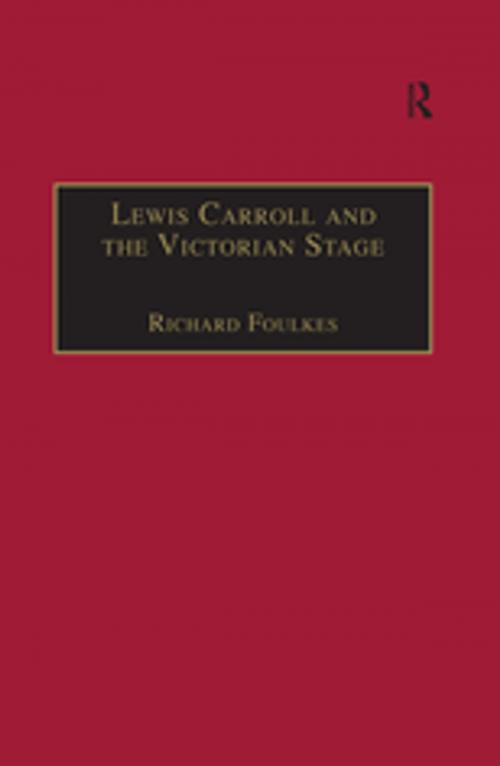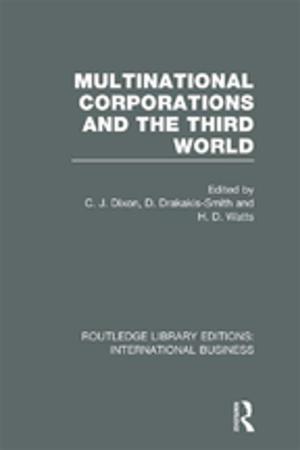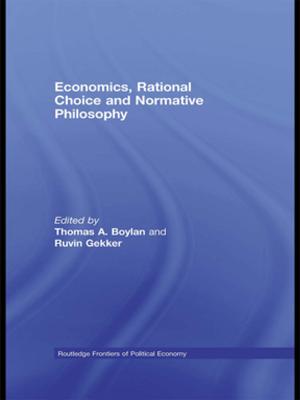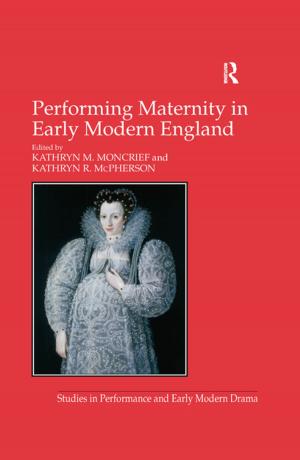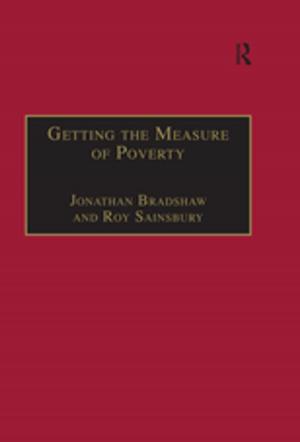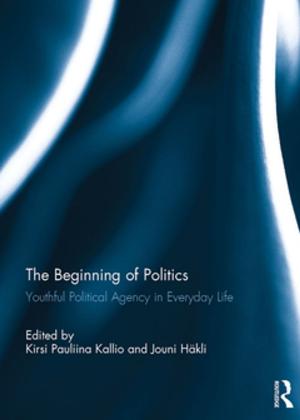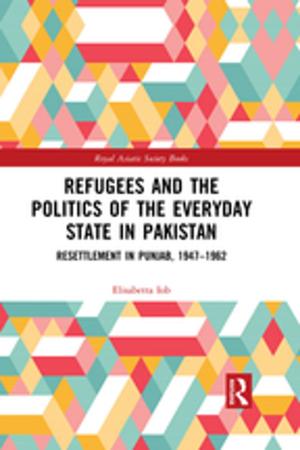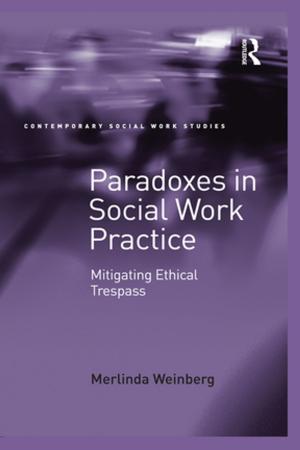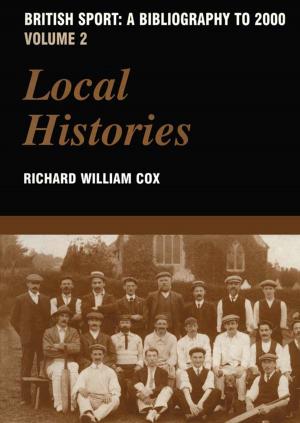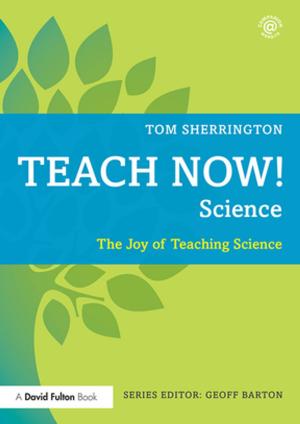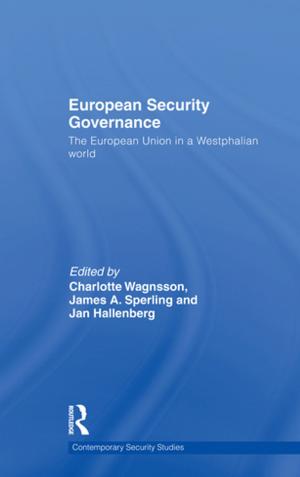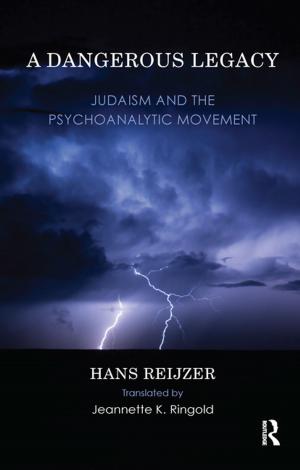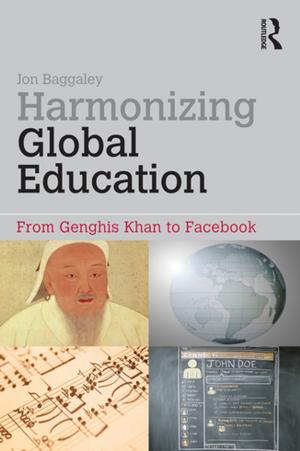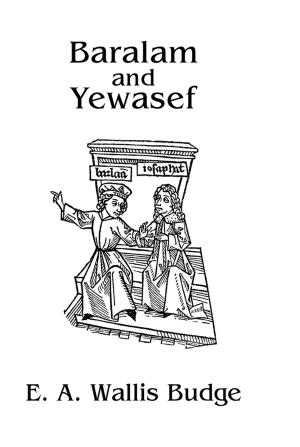Lewis Carroll and the Victorian Stage
Theatricals in a Quiet Life
Fiction & Literature, Literary Theory & Criticism| Author: | Richard Foulkes | ISBN: | 9781351922333 |
| Publisher: | Taylor and Francis | Publication: | March 2, 2017 |
| Imprint: | Routledge | Language: | English |
| Author: | Richard Foulkes |
| ISBN: | 9781351922333 |
| Publisher: | Taylor and Francis |
| Publication: | March 2, 2017 |
| Imprint: | Routledge |
| Language: | English |
Author of the enduringly popular Alice books, mathematician, Anglican cleric, and pioneer photographer, Lewis Carroll maintained a lifelong enthusiasm for the theatre. Lewis Carroll and the Victorian Stage is the first book to focus on Carroll's irresistible fascination with all things theatrical, from childhood charades and marionettes to active involvement in the dramatisation of Alice, influential contributions to the debate on child actors, and the friendship of leading players, especially Ellen Terry. As well as being a key to his complex and enigmatic personality, Carroll's interest in the theatre provides a vivid account of a remarkable era on the stage that encompassed Charles Kean's Shakespeare revivals, the comic genius of Frederick Robson, the heyday of pantomime, Gilbert and Sullivan, opera bouffe, the Terry sisters, Henry Irving, and favourite playwrights Tom Taylor, H. A. Jones, and J. M. Barrie. With attention to the complex motives that compelled Carroll to attend stage performances, Foulkes examines the incomparable record of over forty years as a playgoer that Carroll left for posterity.
Author of the enduringly popular Alice books, mathematician, Anglican cleric, and pioneer photographer, Lewis Carroll maintained a lifelong enthusiasm for the theatre. Lewis Carroll and the Victorian Stage is the first book to focus on Carroll's irresistible fascination with all things theatrical, from childhood charades and marionettes to active involvement in the dramatisation of Alice, influential contributions to the debate on child actors, and the friendship of leading players, especially Ellen Terry. As well as being a key to his complex and enigmatic personality, Carroll's interest in the theatre provides a vivid account of a remarkable era on the stage that encompassed Charles Kean's Shakespeare revivals, the comic genius of Frederick Robson, the heyday of pantomime, Gilbert and Sullivan, opera bouffe, the Terry sisters, Henry Irving, and favourite playwrights Tom Taylor, H. A. Jones, and J. M. Barrie. With attention to the complex motives that compelled Carroll to attend stage performances, Foulkes examines the incomparable record of over forty years as a playgoer that Carroll left for posterity.
